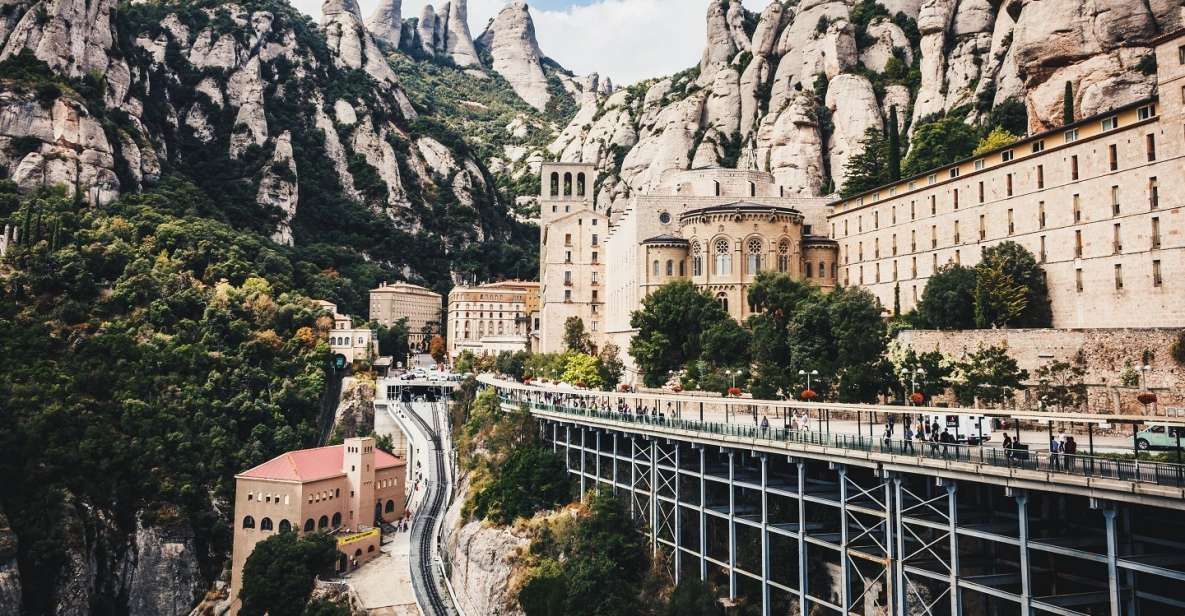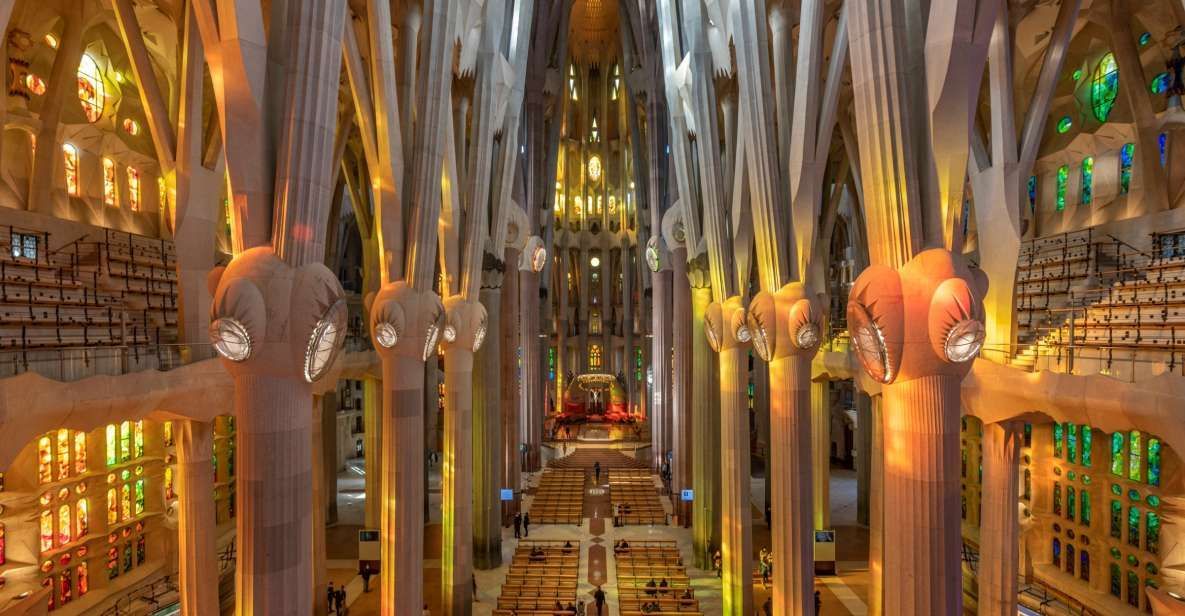
#TMp - Hashtag Travel Marketplace
🌆 Explore Cities & Regions In Hungary
How to Experience Hungary: Top Destinations and Reasons to Go
Hungary, a landlocked country in Central Europe, is a treasure trove of history, culture, and natural beauty. While Budapest, its capital, is well-known and loved by tourists, the country offers much more beyond its iconic city. This guide will help you uncover Hungary’s hidden gems, top attractions, exciting activities, and unique experiences. You'll also learn about the best times to visit, cities of interest, and what to expect in terms of food, nightlife, and culture.
Top Attractions and Hidden Gems
Lake Balaton
Lake Balaton, the largest lake in Central Europe, is often referred to as the "Hungarian Sea." It’s a popular summer destination, known for its beaches, water sports, and scenic beauty. The Tihany Peninsula is a particular highlight, featuring an ancient abbey and stunning views.
Eger
Eger is a charming city known for its historic sites, including Eger Castle and the Eger Minaret, a remnant of Ottoman rule. The city is also famous for its wine, especially the rich red "Bikavér" or "Bull’s Blood." Don’t miss the thermal baths and the Valley of the Beautiful Women, home to numerous wine cellars.
Pécs
Located in the southwest, Pécs boasts a rich cultural heritage, with influences from Roman, Christian, and Ottoman eras. Key attractions include the Pécs Cathedral, the Early Christian Necropolis (a UNESCO World Heritage site), and the Mosque of Pasha Qasim.
Hollókő
This picturesque village, a UNESCO World Heritage site, offers a glimpse into Hungary’s rural life. Hollókő is known for its well-preserved traditional houses, the charming Hollókő Castle, and vibrant folk festivals.
Aggtelek National Park
Home to the largest stalactite cave system in Hungary, Aggtelek National Park is a paradise for nature lovers. The Baradla Cave, part of the UNESCO World Heritage site, offers guided tours showcasing its spectacular formations.
Activities and Experiences
Guided Tours
Guided tours are an excellent way to explore Hungary’s rich history and culture. Consider a historical tour of Budapest’s Castle District, a wine-tasting tour in Tokaj, or a nature tour in Hortobágy National Park, Europe’s largest natural grassland.
Thermal Baths
Hungary is famous for its thermal baths, many of which date back to the Ottoman era. The Széchenyi Thermal Bath in Budapest is one of the largest medicinal baths in Europe. Other notable baths include the Gellért Baths in Budapest and the Egerszalók Thermal Bath.
Wine Tasting
Hungary has a long tradition of winemaking. Explore wine regions like Tokaj, known for its sweet Tokaji Aszú wine, and Villány, famous for its robust reds. Many vineyards offer tours and tastings, providing a perfect way to experience local flavors.
Cycling and Hiking
Hungary’s diverse landscapes are ideal for outdoor activities. Cycle along the shores of Lake Balaton, hike the scenic trails in the Bükk and Mátra mountains, or explore the Great Plain’s expansive grasslands.
Cultural Festivals
Hungary hosts numerous festivals celebrating its rich cultural heritage. The Budapest Spring Festival, the Miskolc Opera Festival, and the Szeged Open-Air Festival are just a few events where you can enjoy music, dance, and theater.
Best Time to Visit
Hungary is a year-round destination, but the best time to visit depends on your interests.
- Spring (April to June): Mild weather and blooming landscapes make this a great time for sightseeing and outdoor activities.
- Summer (July to August): Warm temperatures are perfect for enjoying Lake Balaton and attending festivals. However, this is also peak tourist season.
- Autumn (September to October): The weather is pleasant, and the fall foliage is stunning. It’s an ideal time for wine tasting and exploring cultural sites.
- Winter (November to March): Cold weather is perfect for soaking in thermal baths and experiencing Christmas markets. Skiing is also available in the northern mountains.
Cities of Interest
Budapest
Budapest, the capital, is a city of contrasts, with the historic Buda side and the bustling Pest side divided by the Danube River. Key attractions include the Buda Castle, the Parliament Building, and the thermal baths. The city’s ruin bars and vibrant nightlife are not to be missed.
Debrecen
Debrecen, Hungary’s second-largest city, is known for its cultural institutions, including the Reformed Great Church and the Déri Museum. The city also hosts the annual Flower Carnival, a colorful parade held every August.
Szeged
Szeged, often referred to as the "City of Sunshine," is famous for its Art Nouveau architecture, the impressive Szeged Cathedral, and its vibrant university life. The Szeged Open-Air Festival is a highlight of the cultural calendar.
Győr
Győr is located between Budapest and Vienna and is known for its well-preserved baroque architecture. The city’s historic center is a maze of narrow streets, beautiful squares, and impressive churches.
Sopron
Sopron, near the Austrian border, is a blend of Hungarian and Austrian cultures. It’s known for its medieval fire tower, the Goat Church, and nearby vineyards. The city’s historic center is charming and well-preserved.
What to Expect: Food, Nightlife, and Culture
Food
Hungarian cuisine is hearty and flavorful, with a focus on meats, seasonal vegetables, fruits, fresh bread, and dairy. Signature dishes include goulash (a meat and vegetable stew seasoned with paprika), pörkölt (a meat stew), and lángos (deep-fried dough topped with sour cream and cheese). Hungary is also famous for its pastries, such as chimney cake (kürtőskalács) and Dobos cake.
Nightlife
Hungary’s nightlife is diverse and vibrant, especially in Budapest. The city’s unique ruin bars, located in abandoned buildings and decorated with eclectic furnishings, are a must-visit. Popular bars include Szimpla Kert and Instant-Fogas. Other cities like Szeged and Pécs also offer lively nightlife scenes with a mix of bars, clubs, and live music venues.
Culture
Hungary has a rich cultural heritage influenced by various civilizations over the centuries. Traditional folk music and dance are integral parts of Hungarian culture. The country also has a strong classical music tradition, with composers like Franz Liszt and Béla Bartók. Museums, galleries, and theaters abound, particularly in Budapest.
Conclusion
Hungary is a captivating destination that offers a rich tapestry of experiences. From exploring historic castles and relaxing in thermal baths to enjoying vibrant nightlife and savoring delicious cuisine, there is something for everyone. Whether you are drawn to the bustling city life of Budapest, the serene landscapes of Lake Balaton, or the cultural treasures of Pécs and Eger, Hungary promises an unforgettable journey. Plan your trip to uncover the hidden gems of this fascinating country and create lasting memories.
🎧 From Our AUDIO BLOG

Let's talk!
info@hashtagtmp.com
+27 76 100 7728
This website includes affiliate links. If you purchase through these links, we may earn a commission at no additional cost to you.

